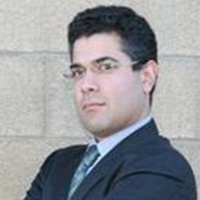Molina Misdemeanor Lawyer, Colorado
Not enough matches for Molina Misdemeanor lawyer.
Below are all Molina Criminal lawyers.
Brandon U. Luna
✓ VERIFIEDCriminal, Divorce & Family Law, Estate, Traffic, Juvenile Law
At LunaLaw, LLC, we focus all of our resources on providing exceptional client service in the full range of criminal defense and family law matters. N... (more)
Peter A Rachesky
✓ VERIFIEDBankruptcy, Criminal, Divorce & Family Law, Lawsuit & Dispute, Traffic
Peter Rachesky is a practicing lawyer in the state of Colorado.
James Edward Siegesmund
Divorce & Family Law, Criminal, Estate, Traffic
Status: In Good Standing Licensed: 19 Years
Michael Vaughn
Bankruptcy, Family Law, Estate, Real Estate, Criminal
Status: In Good Standing Licensed: 26 Years
Robert T. Zentner
Government, Criminal, Adoption, Business & Trade
Status: In Good Standing Licensed: 24 Years
Marna Mel Lake
Family Law, Juvenile Law, Criminal, Business
Status: In Good Standing Licensed: 43 Years



